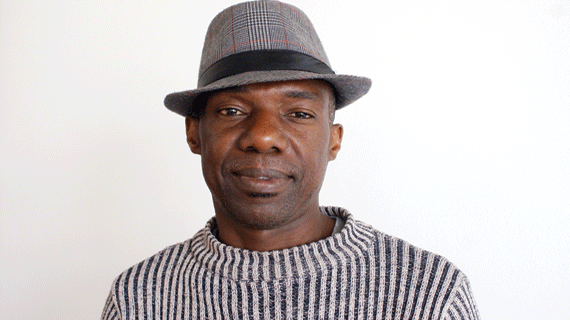
WE commemorated World Press Freedom Day on May 3. Locally, a number of activities were lined up to mark one of the few significant contributions that Africa has made to the world community.
The day was borne out of the Windhoek Declaration of 1991, a statement of free press principles put together by journalists in Africa. The document called for free, independent, pluralistic media worldwide, characterising free press as essential to democracy and as a fundamental human right.
It was in December 1993 that the day was proclaimed by the United Nations General Assembly on the anniversary of the declaration. Article 19 of the Universal Declaration of Human Rights includes the freedom to: “. . . seek, receive and impart information and ideas through any media . . .”
The theme for this year is Media Freedom for a Better Future: Shaping the Post-2015 Development Agenda and when giving a statement marking the occasion, UN Secretary-General Ban Ki-moon noted that only when journalists are at liberty to monitor, investigate and criticise policies and actions can good governance exist.
This is what many authorities across the world fail to grasp. As if on cue, the Zimbabwe Republic Police showed a degree of intolerance when they denied journalists permission to march through central Harare to mark the day for spurious reasons too!
Information, Media and Broadcasting Services minister Jonathan Moyo thought as much. The safety of journalists and the rule of law, as well as the sustainability and the integrity of journalism are among the sub-themes this year. But in many countries around the world, the profession regrettably remains a hard hat area.
The Committee to Protect Journalists reveals that since the beginning of 2014, 14 journalists have already been killed in the line of duty.
It is estimated that in the last 12 months, 70 reporters have been killed on the job. More than 1 000 media workers have been killed since 1992.
- Chamisa under fire over US$120K donation
- Mavhunga puts DeMbare into Chibuku quarterfinals
- Pension funds bet on Cabora Bassa oilfields
- Councils defy govt fire tender directive
Keep Reading
Disturbingly, while 36% of these deaths occurred in armed conflict, 44% died while covering politics. Add to those statistics the arrests, kidnappings, assaults and other forms of harassment journalists are subjected to.
Even in the United States, the so-called doyen of democracy, the Department of Justice secretly subpoenaed the telephone records of several reporters and news editors in an effort to stem national security leaks. In Zimbabwe, the Criminal Law (Codification and Reform) Act that criminalises the profession used with telling effect to intimidate journalists who are in the line of duty, remains in the statute books despite being unconstitutional.
The new Constitution explicitly recognises media freedom and upholds the right to access information while protecting journalists and their sources of information.
Accessing information from government sources and offices continues to be an onerous exercise also due to the Access to Information and Protection of Privacy Act. The immediacy of the news cycle demands that verification of news stories be done promptly by those in public office.
However, journalists find themselves stonewalled by the very people who require the media to help spearhead development programmes.
As long as authorities see journalists as pests and not partners in the development agenda, appendages that can be easily manipulated to curry favour, then that’s how the cookie will crumble.
Politicians have infused a degree of corruptive influence into the equation though pushing brown envelope journalism. The working conditions of journalists have forced some to be at the beck and call of influential people who would want to push their personal agendas using a compliant media as a vehicle. There is a dire need for media organisations to improve the working conditions of media workers.
The net result of poor remuneration has been a decline in journalism standards as newsrooms haemorrhage with reporters chasing the next best pay cheque.
Veteran journalist Cris Chinaka lamented the quality of journalism in the country when he delivered the third Bornwell Chakaodza Memorial Lecture as part of the Voluntary Media Council of Zimbabwe World Press Freedom Day Commemorations last week.
He said that over the last 15 years journalism in Zimbabwe has been caught between the four “s”s: Sunshine, sycophantic, shrill and sensational reporting.
“Bad journalism misinforms and misinterprets. It can incite conflict, create misunderstandings and exacerbate disputes,” he said Chinaka went on to say that the net cost of bad journalism was an uninformed or an ill-informed public. From his delivery, it was critical to have the right calibre of leadership in the newsrooms since journalism is a key part of the knowledge industry. Chinaka said media leaders must play their part and be ashamed to be associated with mediocrity.
Ultimately, while we celebrate World Press Freedom Day and remember all those who lost their lives in pursuit of the truth, the fourth estate also has to rise to the occasion when it came to playing its role of oversight with responsible, accountable and accurate reporting.
Lenox Mhlanga is a social commentator










